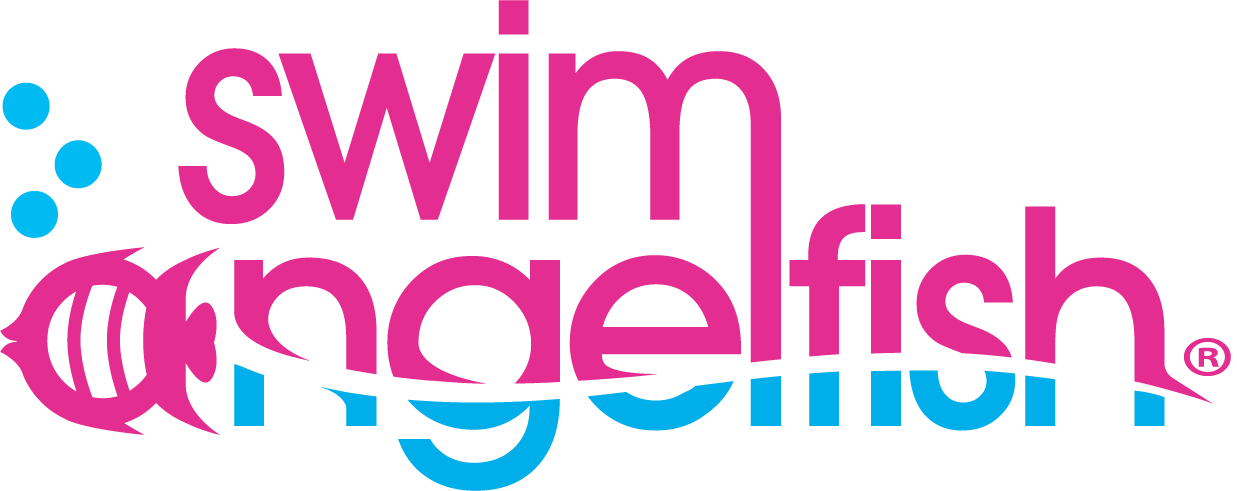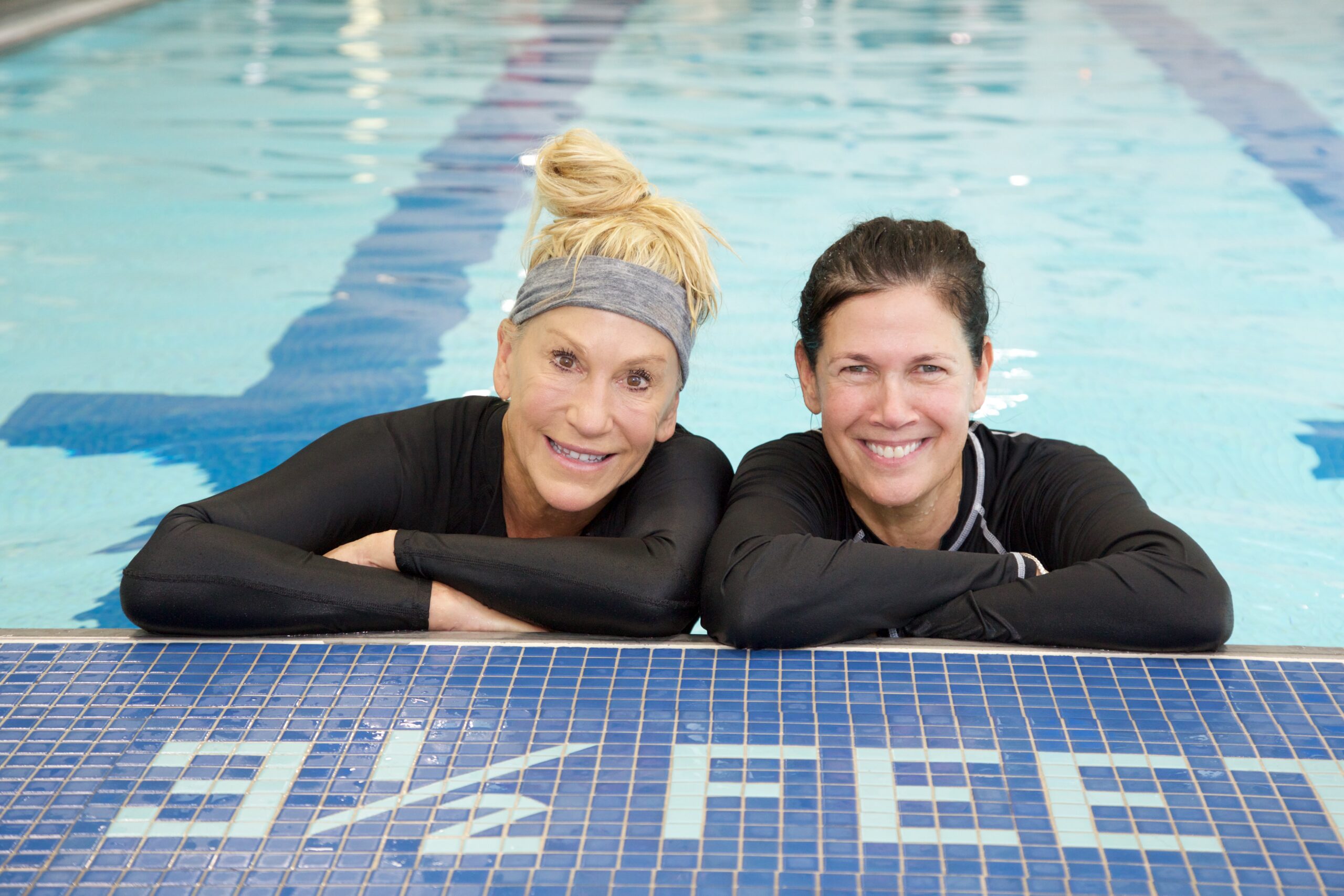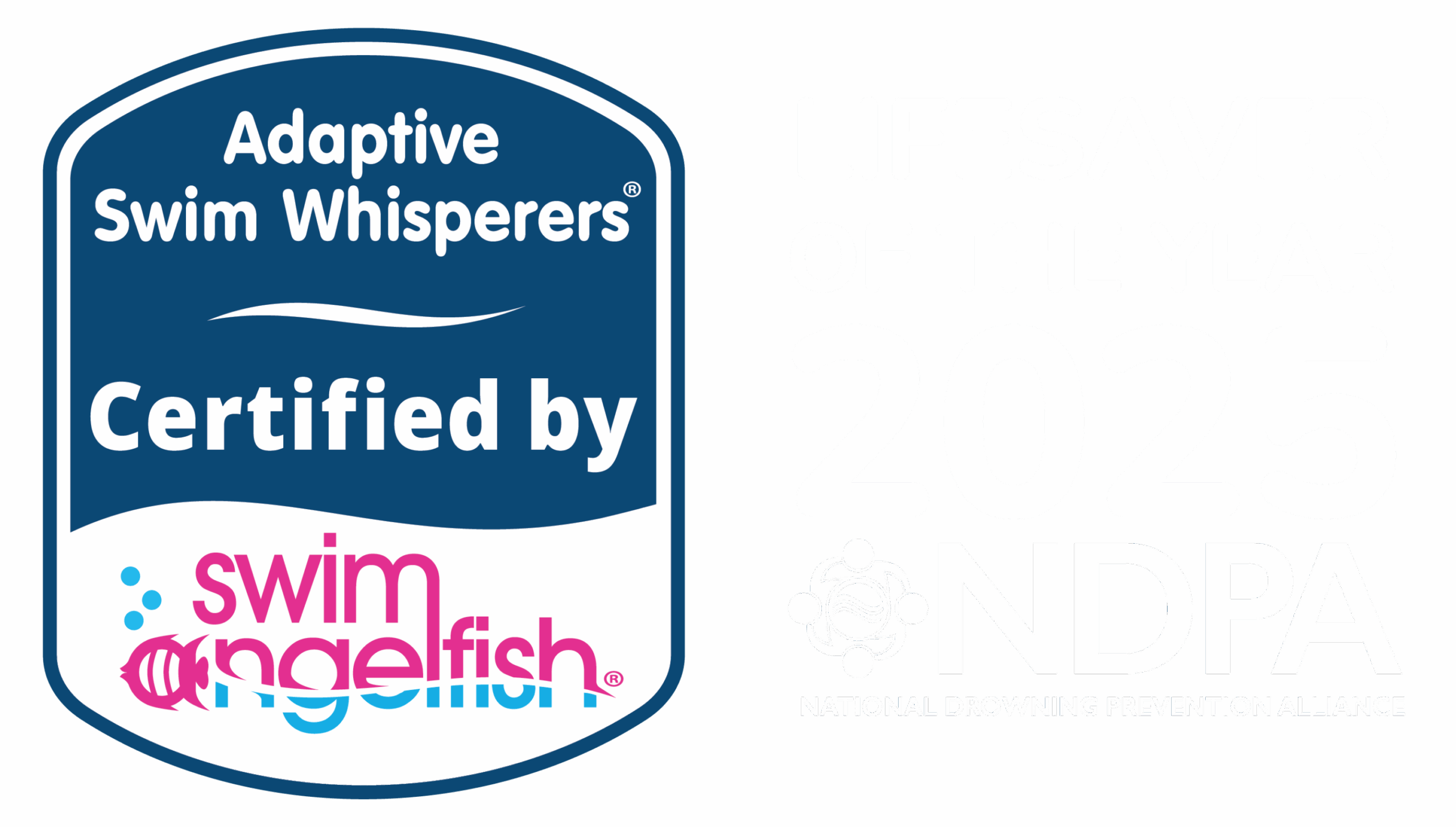Let’s explore the multiple benefits of choosing aquatic therapy or swim lessons for individuals with Fragile X syndrome.
The symptoms and effects of Fragile X syndrome vary greatly. Some of the more common challenges experienced include social and behavioral difficulties, learning disabilities, developmental delays, and anxiety. There is also a higher chance that someone with Fragile X also has an Autism Spectrum Disorder diagnosis. This can make it challenging to participate in traditional therapy and activities. Aquatic therapy and swim lessons offer a unique and effective way to improve sensory regulation, coordination of movements and social opportunities.
What is Fragile X Syndrome?
Fragile X syndrome (FXS) is a hereditary condition caused by a specific gene on the X chromosome becoming inactivated. This gene is essential for the creation of a protein required for healthy brain development. FXS can affect people of both sexes, though females often have milder symptoms than males. Emotional and behavioral problems are prevalent in both males and females affected by FXS. According to FRAXA Research Foundation, Fragile X syndrome is the most common inherited cause of autism and intellectual disabilities worldwide.
Statistics Relating to Water Safety for Children With Fragile X Syndrome
How Adaptive Swim Lessons and Aquatic Therapy Contribute to Water Safety
Part of our mission at Swim Angelfish is to help improve water safety for children of all abilities and create a supportive, understanding environment where swim skills can flourish.
Aquatic therapy can help satiate a child’s sensory needs as well as improve their strength, coordination, endurance, verbal output and motor planning so that they are able to function as safe as possible in an aquatic environment.
Adaptive swim lessons help children develop a crucial sense of awareness for water safety and independent movement, while fostering a positive and functional relationship. The goal is to improve swim skills and independence between the child and the water.
There are so many benefits of learning to swim for children with Fragile X syndrome!
Children with FXS may have sensory processing difficulties or poor motor coordination, making them more vulnerable to drowning. Learning to swim gives swimmers the abilities they need to be safer in water environments, lowering the chance of drowning or injury. Swimming lessons also offer opportunities for social interaction and peer engagement. Children with Fragile X often struggle with social skills and may experience social anxiety or difficulty in group settings.
Benefits of Swim Lessons for Fragile X Syndrome
Aquatic therapy can be extremely beneficial for children with Fragile X syndrome!
It might be easier for individuals with FXS to engage in the sensory-rich environment of water. Water can be particularly beneficial for individuals with FXS due to the blanket of hydrostatic pressure. This provides a constant and comforting input, aiding in sensory regulation for the swimmer. Being in the water offers opportunities to move in a gravity-eliminated environment, making some strength and coordination activities easier to perform. The water can improve respiratory function allowing the swimmer to have facilitated inhalation and exhalation by using the hydrostatic pressure of the water to assist in breathing. This may lead to more utterances or words per breath.
Benefits of Aquatic Therapy for Fragile X Syndrome
Our Swim Whisperers® Adaptive Aquatics Training Program is the only Adaptive Aquatics Training program created by an OT/PT team that uses a therapeutic approach to assess, identify, and overcome the roadblocks that are present in children with special needs while learning to swim.
Here are some great tips when working with individuals who have Fragile X syndrome:
We can help you find a qualified instructor or aquatic therapist to help your child with Fragile X syndrome become safer and more independent in the water.
We have highly skilled instructors certified in the Swim Whisperers® program who will work with your child to identify and address any underlying obstacles that they are experiencing with learning to swim.
We also have licensed aquatic physical, occupational and recreational therapists who will use a fun, innovative multi-sensory approach to reach specific therapy goals. We offer private, semi-private and small group sessions across multiple locations in CT, MA, NH and NY.



